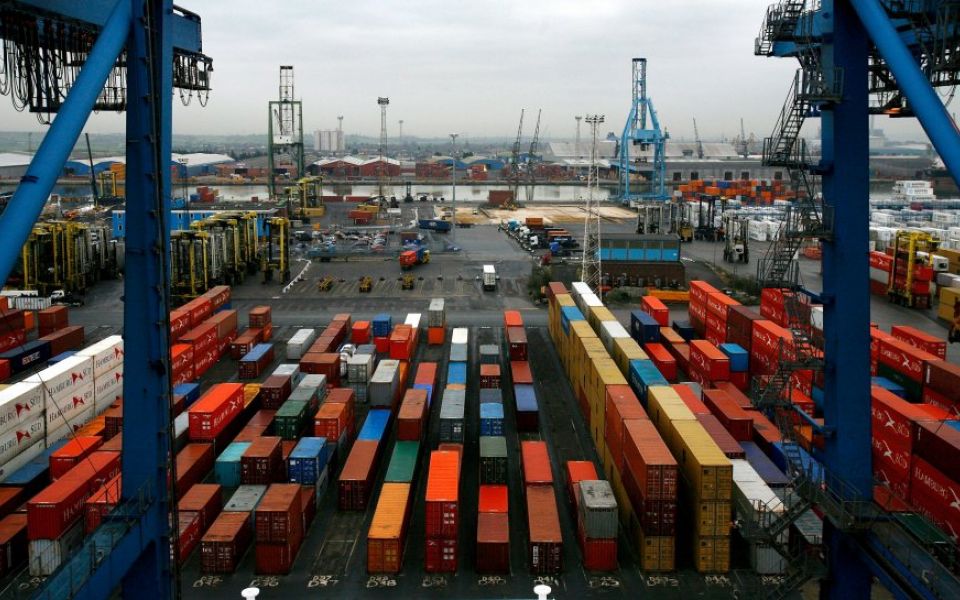G20 imports and exports fall for the first time in two years

G20 international merchandise trade has fallen for the first time in two years, figures published today show, due to the "significant depreciation" of several currencies against the dollar.
Imports to the world's major economies dropped by 0.9 per cent in the second quarter of this year, and exports fell by 0.6 per cent, according to the Organisation for Economic Co-operation and Development (OECD), following eight consecutive quarters of growth.
Between April and May this year exports contracted by 6.9 per cent in the UK, and there was a drop of 19.9 per cent in Argentina as well as a nine per cent fall in Brazil.
Read more: Worrying mood music on global free trade
Exports were up by 9.7 per cent in Saudi Arabia, 5.7 per cent in India and 4.4 per cent in the US.
Imports contracted in most G20 economies and only increased in India by 2.9 per cent, Canada by 1.4 per cent, Mexico by 1.4 per cent, Japan by 1.2 per cent and Indonesia by 1.2 per cent.
The steepest fall in imports was recorded in Turkey, which was down 9.4 per cent, and Brazil, where they dropped by 6.5 per cent.
The drop off in trade between G20 nations can be explained by the weakening of several currencies against the US dollar in the second quarter, the OECD said, particularly the Argentine peso, the Brazilian real and the Turkish lira, which is suffering amid strained relations between the US and Turkey over the detainment of an American evangelical pastor.
However, rising oil prices partially offset the effects of the currency depreciation as benchmark Dubai Crude increased to $71.6 (£55.6) per barrel in quarter two, compared to $64 in the previous quarter.
Read more: Turkish lira slumps further after banks downgraded